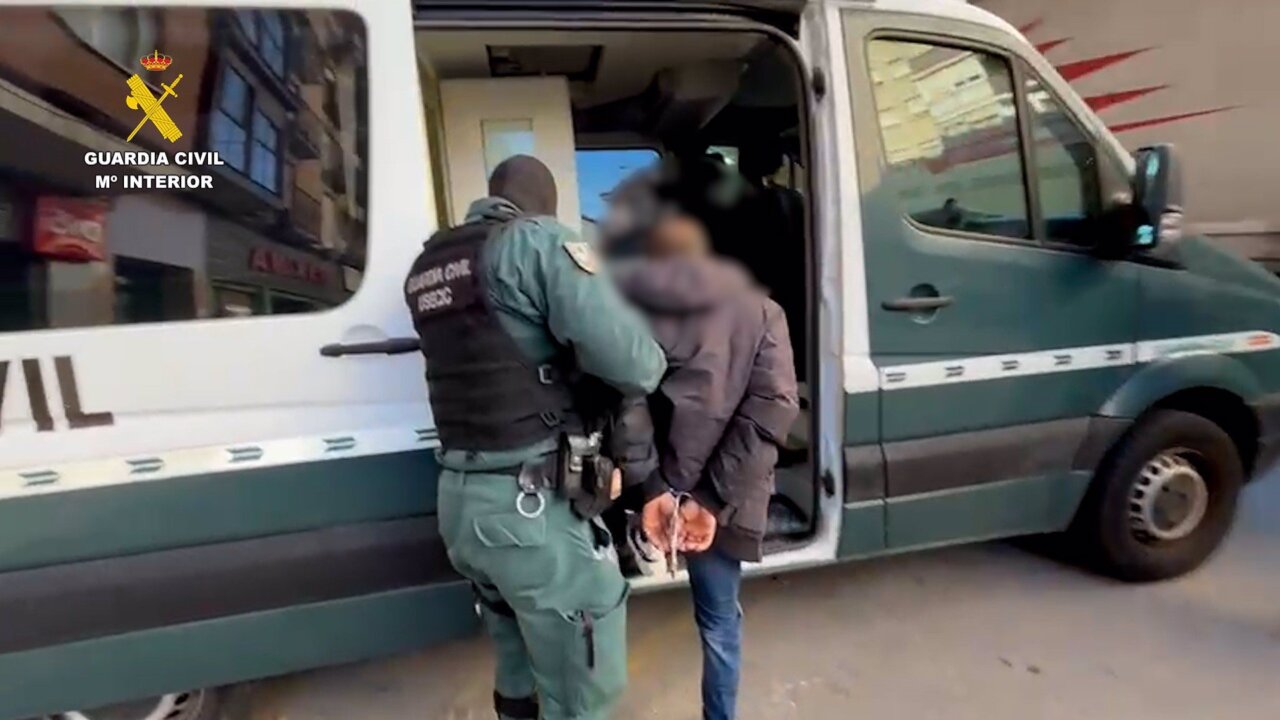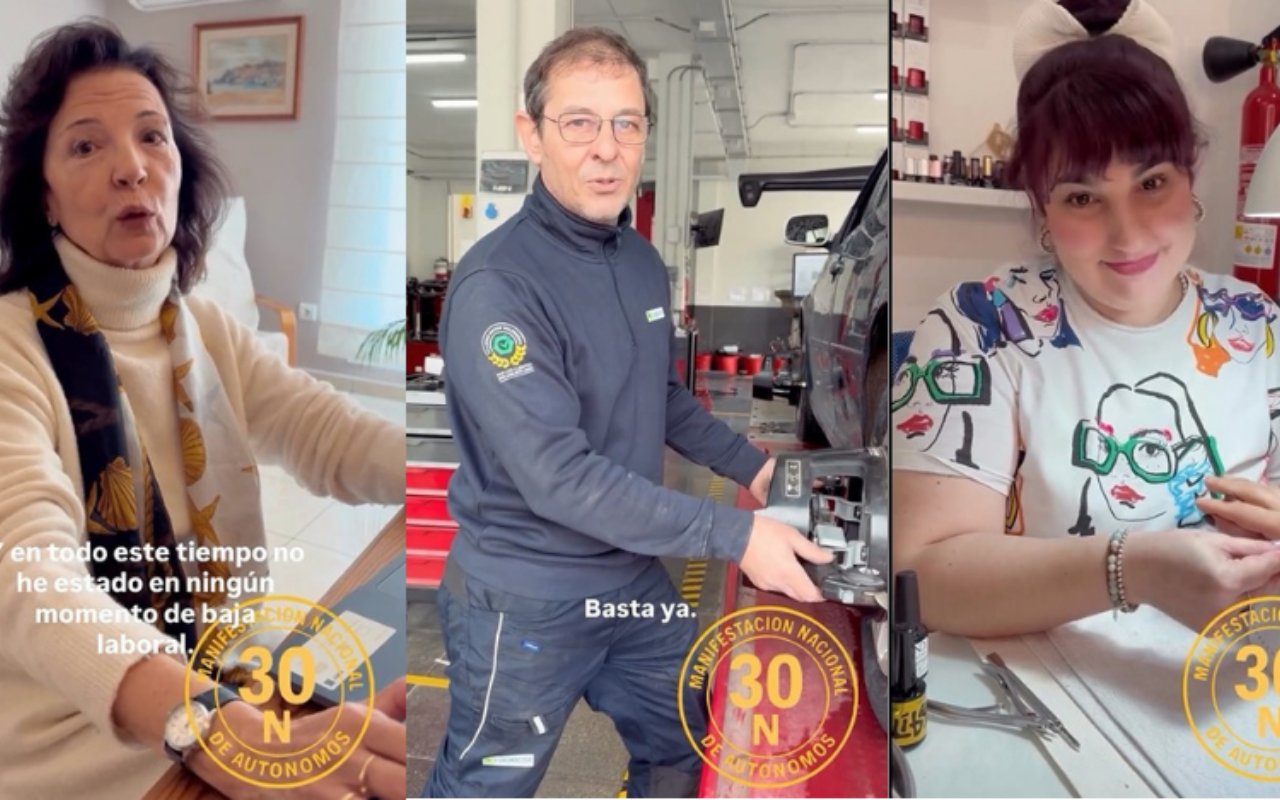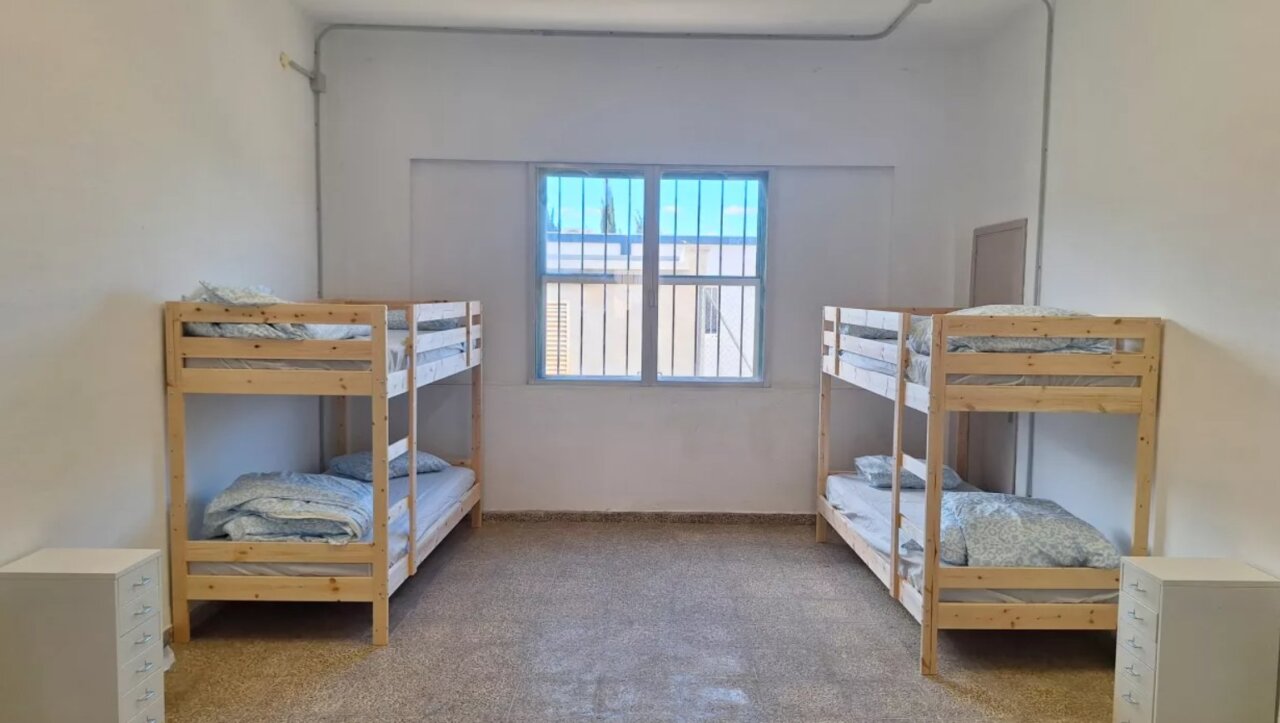The dangerous scam that was circulating in Facebook groups in Ibiza with the false sale of purebred dogs was thwarted in a joint operation between the Guardia Civil, Interpol and the Colombian National Police.
It is an international criminal network that had defrauded in Spain more than 150,000 euros to a total of 250 victims, through pet sales scams. As La Voz de Ibiza had warned, the gang’s modus operandi began with an alleged free adoption of a Maltese bichon, barely three months old. The ad included an emotional story where the supposed owners explained that they could not take care of the puppy due to an unexpected trip to Paris.

However, in the course of an extensive conversation, a story full of emotional manipulation, insistence and well-crafted deception was uncovered. As this newspaper, which has been in contact with the fraudsters, was able to verify, the new owners were supposed to pay for the transfer costs. For that, they had to make an advance payment at a service station, a completely irregular procedure. “You have to go to a Repsol or Cepsa service station and buy four €50 Paysafecard coupons. The company needs to confirm the purchase to activate the shipment. Once confirmed, they will send you an email with the flight and delivery schedules of the puppy,” they detailed.

The requested payment method, prepaid coupons, is a sure sign of fraud. Once the fraudster receives the coupon codes, the money disappears without a trace and the victim has no further contact with it.
OperationCanmoney
This Saturday, the Guardia Civil has informed that there is a total of 28 people arrested and 30 investigated between Spain and Colombia, to whom 681 crimes are attributed, although the investigations are still open and could reach a thousand, highlights the Armed Institute. The operation has allowed the Benemérita to clarify a total of 681 criminal acts: 335 swindles, 158 usurpation of civil status, 95 falsification of documents, 33 threats, 60 money laundering and belonging to a criminal organization. The organization has achieved a volume of more than 35 million euros in transactions with cryptocurrencies, and has come to enter more than three million euros in cash throughout the Spanish territory. The operation – christened‘Canmoney‘ – was initiated following a complaint for a scam, after paying for the purchase of a pet that was never received. The money obtained from the scams was deposited in bank accounts and subsequently converted into cryptocurrencies to be transferred to the organization’s accounts. The scams focused on the alleged sale of pet dogs offered for about 500 euros through various portals of sale. To gain the trust of the victims, the scammers sent usurped identity documents, previously obtained from other scammed persons. After receiving the first payment, the alleged sellers demanded a second payment and if the victim refused, he was threatened with death by means of messages or phone calls. The threats included intimidating images of firearms to ensure that the victim would pay for the transport. The first investigations culminated in the arrest of an implicated person in the province of Valencia, which was the start of this macro investigation. Cryptocurrencies were used as a “strategic tool” to hinder the detection of illicit funds by the State Security Forces and Corps, while facilitating their integration into the legitimate financial system. A “key point” of the investigation was the involvement of the owner of a call shop, who took advantage of his work activity and knowledge of the sector to act as a front man in Spain, according to the Guardia Civil. Both the owner and his partner deposited some three million Euros through ATMs distributed in several Spanish provinces. These funds were subsequently converted into cryptocurrencies and sent to hundreds of cryptocurrency addresses, making them difficult to trace.
Hierarchical structure
In the lower echelons of the organization, different people located in Spain and Colombia were in charge of opening bank accounts where the money from the scams would be deposited. In a second step, the members were in charge of receiving the money, converting it into cryptocurrencies and depositing it in decentralized cryptocurrency addresses. These were in turn operated by members of the organization located in Colombia and Cameroon, the latter being the main leaders. In the twelve searches carried out – nine in Spain and three in Colombia – cell phones that had been used to commit the scams and maintain contact with the victims have been confiscated. Property, vehicles, computers, banknote counting machines, mobile and computing devices, cash, cold wallets, cryptocurrencies, illegal firearms and related documentation have also been seized.
The Guardia Civil has carried out the operation with the DIJIN (Criminal Investigation Directorate) of the Colombian National Police and Interpol, the Police Cybernetic Center and the National Office of the Criminal Investigation Directorate of Interpol of the Colombian National Police, as well as Europol.
Victims have been identified in 43 provinces throughout Spain: Zaragoza, Badajoz, Castellón, Madrid, Córdoba, Huesca, Jaén, Logroño, Cantabria, Sevilla, Toledo, Valladolid, Cáceres, Vigo, Vizcaya, Valencia, Barcelona, Granada, Almería, Huelva, A Coruña, Albacete, Asturias, Navarra, Murcia, Alicante, Pontevedra, Guadalajara, Girona, Ceuta, Burgos, Orense, Palencia, Málaga, Álava, Ciudad Real, Cádiz, Cuenca, Zaragoza, Tenerife, Tarragona, Balearic Islands, Las Palmas and Zamora.










